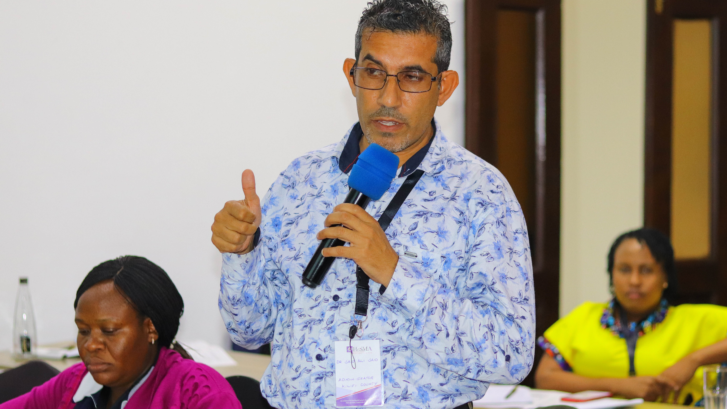In the dynamic landscape of healthcare, the Health Systems Management Association (HeSMA) has emerged as a beacon of excellence in East Africa. Established with a vision to professionalize health systems leadership and management, HeSMA has been instrumental in shaping the healthcare sector in Kenya and beyond.
Impact in Kenya: A Paradigm Shift in Healthcare Management
HeSMA’s influence in Kenya is profound. The association’s advocacy for inclusive and merit-based hiring practices was highlighted in a landmark case involving the recruitment of the CEO at Kenyatta National Hospital (KNH). HeSMA’s challenge led to a High Court ruling that mandated the re-advertisement of the CEO position without the restrictive requirement of being a registered medical practitioner. This pivotal moment underscored HeSMA’s commitment to diversity and fairness in leadership roles within healthcare.
The association’s efforts have also extended to enhancing professional standards. Through continuous training and development programs, HeSMA has equipped health managers with the skills necessary to navigate the complexities of healthcare delivery. The focus on a systems approach has fostered a generation of leaders who are adept in systems thinking, which is crucial for responding to health needs effectively.
Prospects in East Africa: Expanding Horizons
Looking beyond Kenya, HeSMA’s prospects in East Africa are promising. The association’s model of professional development and advocacy for best practices in health management is replicable across the region. By fostering a culture of excellence and ethical leadership, HeSMA is poised to influence healthcare systems in neighboring countries.
The association’s role in policy engagement is another area with significant potential. HeSMA’s interactions with policymakers have the power to shape health policies that are inclusive and equitable. This is particularly relevant as East African nations grapple with challenges such as access to healthcare, disease outbreaks, and the need for sustainable health financing.
The Road Ahead: Challenges and Opportunities
Despite its successes, HeSMA faces challenges. The need for a robust legal and regulatory framework to support health systems management is paramount. Additionally, the association must navigate the diverse healthcare landscapes of East African countries, each with its unique set of challenges and opportunities.
However, the future is bright. The association’s emphasis on knowledge development and mentorship is creating a well-informed cadre of health managers. The potential for collaborative projects and regional partnerships can further strengthen health systems across East Africa.
Conclusion: A Catalyst for Change
HeSMA’s journey is a testament to the power of professional associations to drive change. The association’s impact in Kenya and its prospects in East Africa highlight the critical role of leadership and management in healthcare. As HeSMA continues to champion the cause of professionalization, it stands as a catalyst for transforming health systems management in the region, promising a healthier future for all.


Application for membership
We shall be posting as need be